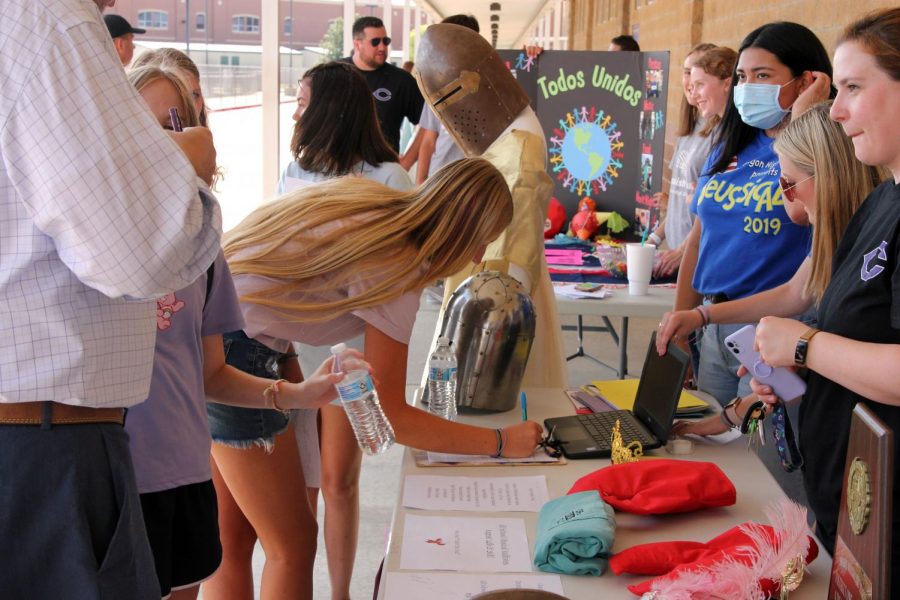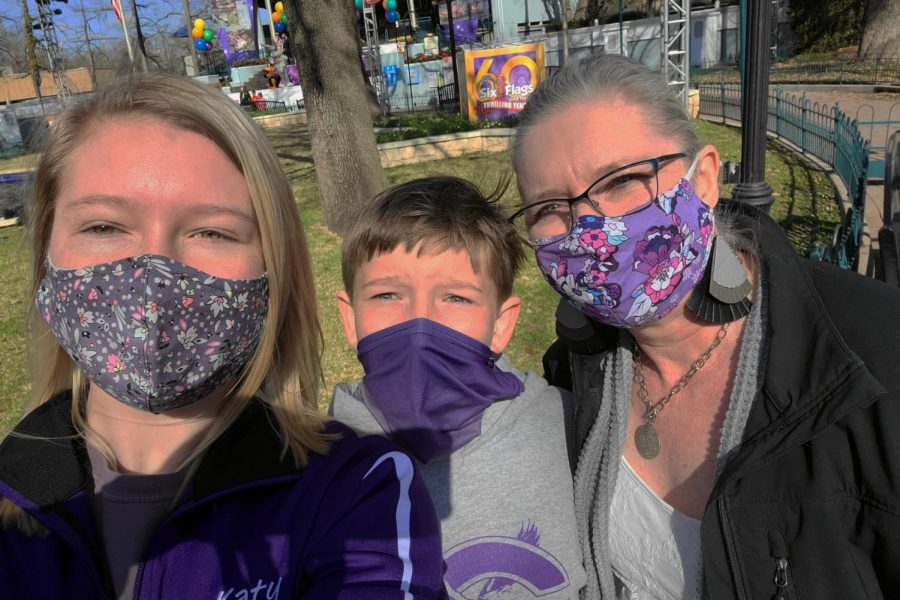She watches as her date lies convulsing on the floor. His eyes roll into the back of his head, and his skin turns dark blue as he gasps for air.Instead of dancing and fun on prom night, she stood by helplessly watching a friend die, changing her life forever.
Alcohol poisoning and binge drinking happen all too often among young drinkers, leading to potential fatality or injury. The potential for alcohol abuse skyrockets with the multiple parties and celebrations during the spring semester, from prom night to graduation.
The potential of facing negative health effects increases when one drinks in extreme amounts. The Centers for Disease Control and Prevention (CDC) states that over time, excessive alcohol use can lead to the development of chronic diseases, neurological impairments and social problems.
Binge drinking is defined by the National Institute on Alcohol Abuse to be drinking so much within about 2twohours that blood alcohol concentration (BAC) levels reach 0.08g/dL. For women, this usually occurs after about four drinks, and for men, after about five.
Excessive drinking leads to alcohol poisoning which accounts for 80,000 deaths in the U.S. each year. Alcohol poisoning occurs when the blood alcohol level are high enough to suppress the central nervous system, leading to potentially fatal effects. According to the Texas Alcohol and Beverage Commission, the signs of alcohol poisoning are mental confusion, unresponsiveness, seizures/stupor, throwing up, hypothermia (low body temp, clammy skin), erratic or slow breathing, loss of consciousness, and pale or bluish skin color.
The commission encourages people to know the danger signals, to not wait for all the symptoms to appear, and to call 911 in order to save someone’s life from alcohol poisoning. According to new Texas legislation passed in 2011, anyone under 21 who calls 911 to help a friend who showing symptoms of alcohol poisoning will not be charged or face any legal consequences for possessing alcohol.
The potential risk of excessive alcohol use is death. For more information on what binge drinking and alcohol poisoning is or how to prevent them ,visit The Centers for Disease Control Prevention (CDC) at www.cdc.gov.







